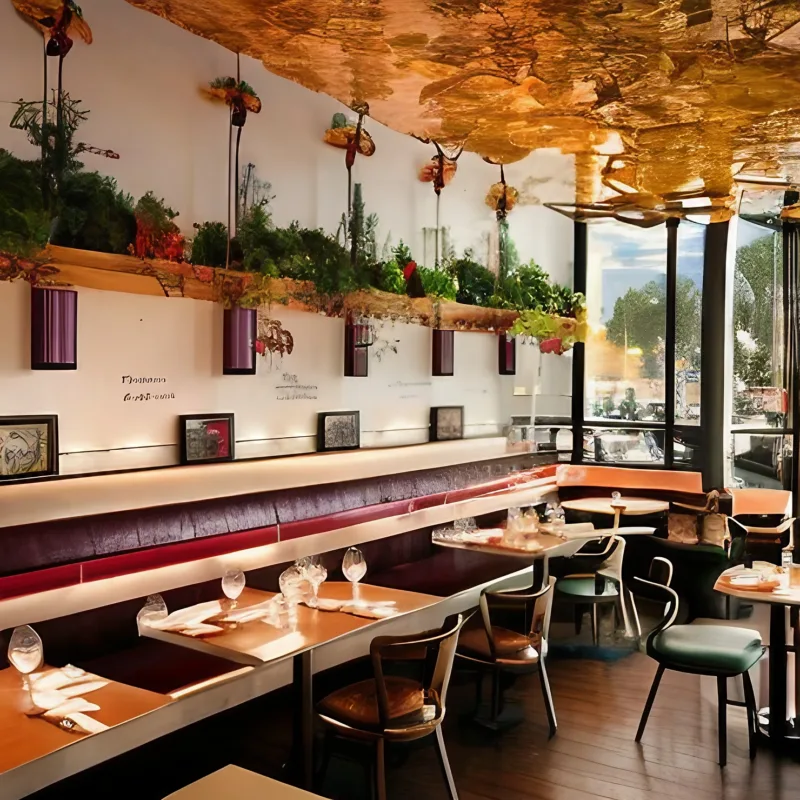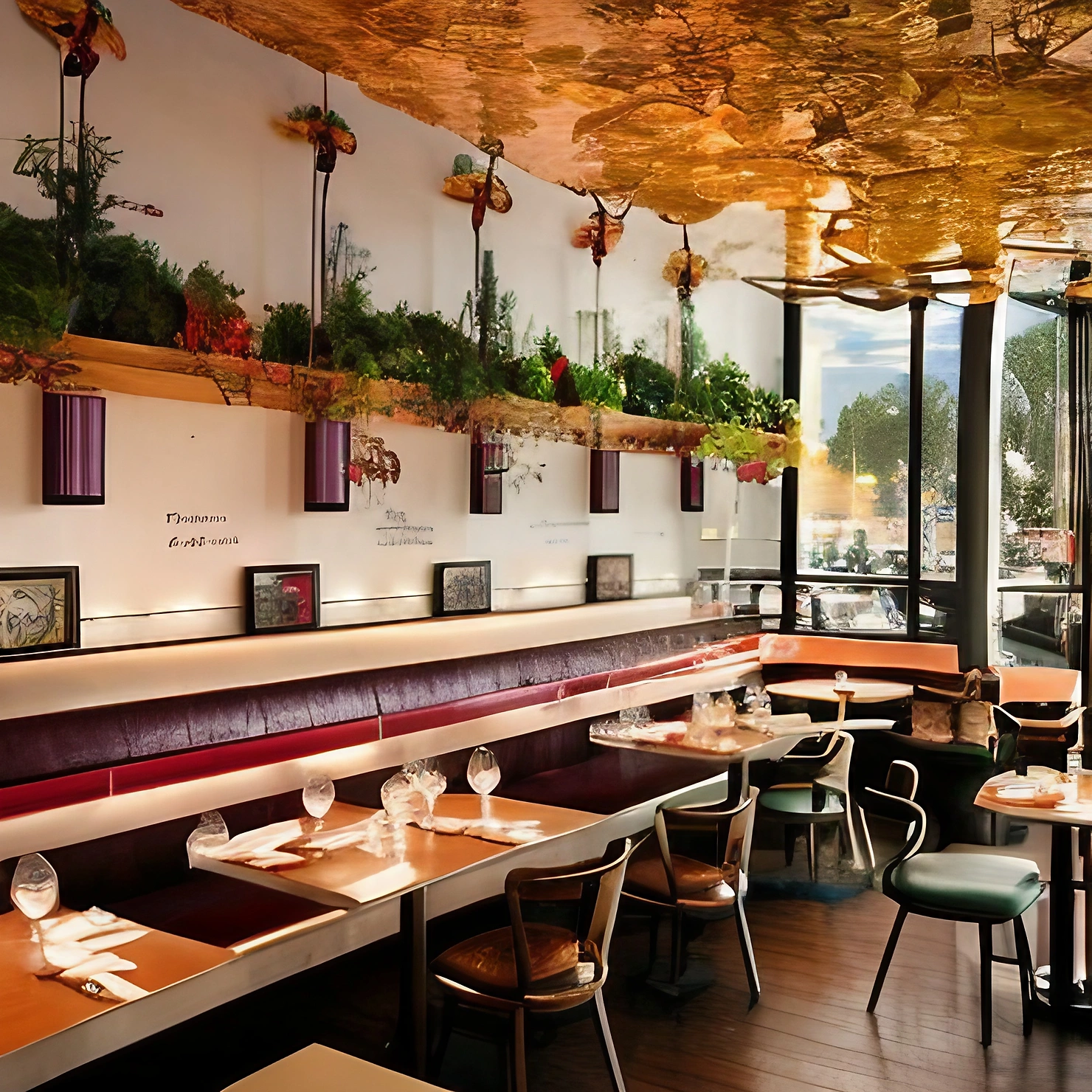
Managing staff members can be challenging, especially in a restaurant environment where tight deadlines and high-pressure situations can often lead to disagreements. However, with the right strategies in place it’s possible to create an effective team that works together harmoniously both in and outside of work. Read on for our top 10 tips on how you can effectively manage staff in a restaurant environment.
-
Foster an Open Environment – Creating a supportive and open atmosphere is essential for successful communication between managers, supervisors and staff members alike. Make sure everyone feels comfortable speaking up about their ideas or any issues they have so that there’s room for growth and improvement within the team.
-
Set Clear Expectations – Outline employee roles and expectations clearly from the beginning to avoid any confusion later on down the line. Setting clear goals helps ensure everyone is on the same page when it comes to tasks they are responsible for as well as realistic timelines around completion of those tasks
-
Provide Feedback Often – Constructive feedback should be given frequently so that employees know whether or not they’re meeting expectations or need additional support or training to perform better. Additionally, make sure to remember praise when warranted — even small compliments go a long way toward building staff morale!
-
Utilize Technology – Investing in tools such as performance tracking software can help streamline processes such as scheduling shifts or assigning tasks more efficiently than by manual means alone! Helping staff learn how to use these tools properly also allows for greater autonomy which leads us onto our next point…
-
Encourage Autonomy – Allowing employees freedom over their own decisions as long as it adheres to company policies can be incredibly empowering! This gives them greater control over their role without sacrificing productivity or standards of quality workmanship thereby creating a healthier working culture overall!
-
Listen To Your Team– After all, who better knows what goes into each job than those actually doing it? By listening closely to your team’s feedback and suggestions you may find ways to improve processes that you hadn’t previously considered before — all part of being an effective manager!
-
Stay Organized– It pays dividends to cultivate good organizational habits both personally & professionally! Staying organized keeps teams motivated while reducing stress levels so sorting out files/schedules regularly is key here !
-
Share Knowledge With New Staff– Whenever there is turnover within teams passing knowledge along quickly ensures new recruits can hit the ground running & don’t feel overwhelmed with their tasks . Doing this regularly helps keep everyone feeling up-to-date with brand operations so no one gets left behind.
-
Lead By Example—As a manager it’s important to demonstrate the level of excellence expected from those reporting up . Showing team members how you handle stressful situations or demonstrating proper hygiene techniques creates strong role models whose behavior is then replicated by other employees.
-
Have Fun– Don’t forget that restaurants are places where people gather for enjoyment so keeping things lighthearted yet professional will boost morale & create long lasting memories between guests & staff too ! Having regular opportunities such as team bonding events further strengthens relationships amongst coworkers leading higher productivity rates & retention rates !





